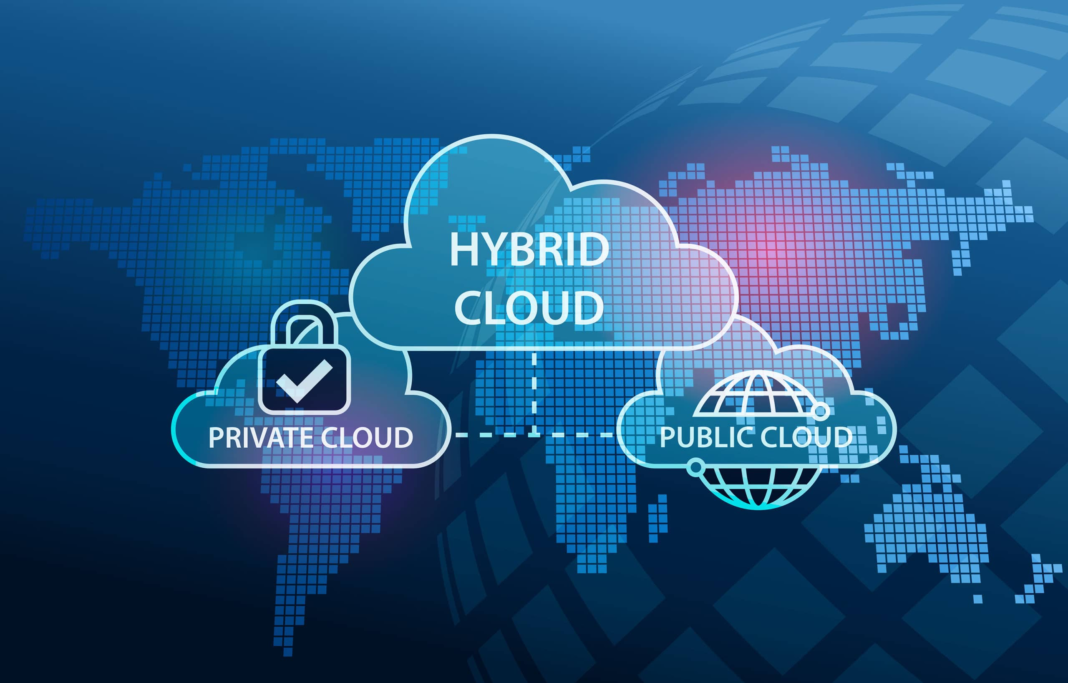We all want to enhance our devices, whether externally or internally. Whichever part you upgrade, there will be higher progress in terms of performance. We rely more on modernization and apply it to most things, especially technology. Technology is such a broad matter, and its purpose is very endless. One modern way to keep your file and data is through virtual storage. Storage where requires the users to manage their data through a cloud provider; that is how a hybrid cloud works. A hybrid cloud is one of the most common IT solutions in data management.
It gives users flexibility and mobility as they simultaneously operate different cloud environments. If you think the hybrid cloud could be more comprehensive, it might be for beginners. Hence, the confusion only lasts for a while; once you adjust to the basics, everything will run smoothly. Operating a hybrid cloud is not only the provider’s responsibility; users are also accountable. The quality of your data management will depend on the cloud providers you will equip in this strategy.
Hence, you must know surface-level information about hybrid clouds before digging deep into serious matters. To answer the question of what is hybrid cloud, here are the things that could answer some basic questions about it. Make sure to list some of the essential things. Lastly, share this with your families and friends for future reference.
- Utilizes Different Cloud Resources
A hybrid cloud encourages users to be independent of a single cloud provider. Users who tend to practice that way could eventually experience vendor lock-in, which heightens the complications of you migrating and transferring your files from one provider to another. With a hybrid cloud, you could use different resources to rely on your data and file.
- Different From Multi-Cloud Strategy
Indeed, they might sound alike, though they have some similarities because they use more than one cloud resource. Multi-cloud strategy tends to lean on using cloud providers with the same combination type, while hybrid cloud strategy is all about using private and public clouds. Both are used or served for different cases depending on the user’s preference.
- Private Cloud
A private cloud is in a hybrid cloud strategy, which only applies to one user or tenant. The user privately owns the cloud, and a company property regulates it. Note that the private cloud tends to be very expensive, as it only serves a complete service for one user.
- Public Cloud
The hybrid cloud’s approach is associated with a public cloud, which could be open to everyone. The public cloud allows anybody access as long as the people will sign up for an account to share data center resources. In addition, this public cloud lets the users store their files on a different company’s internet.
- Save Costs
You could have some cost-effective solutions by practicing a hybrid cloud without incurring capital costs and labor expenses. A hybrid cloud could save you financially or drain you, as cloud providers have different prices. Hence you can track and anticipate the costs, and it gives you the freedom to reduce and redeploy services that could give you more discounts on total expenses. That way, it will help the users to get rid of unnecessary services and save them from high costs.
In Conclusion, Is Hybrid Cloud Worth A Try?
Indeed, it will always be worth a try. This strategy is a common practice for people who seek better management of their data, and it has a lot of benefits to offer. Usually, this is common for big businesses. Try out as many options as you want so you can evaluate and assess the strategy’s compatibility. It is for you to experience, and the hybrid cloud will eventually be manageable, and you will be more literate about it with dedication and knowledge. So, stop hesitating and debating, as a hybrid cloud will always be worth a try.
